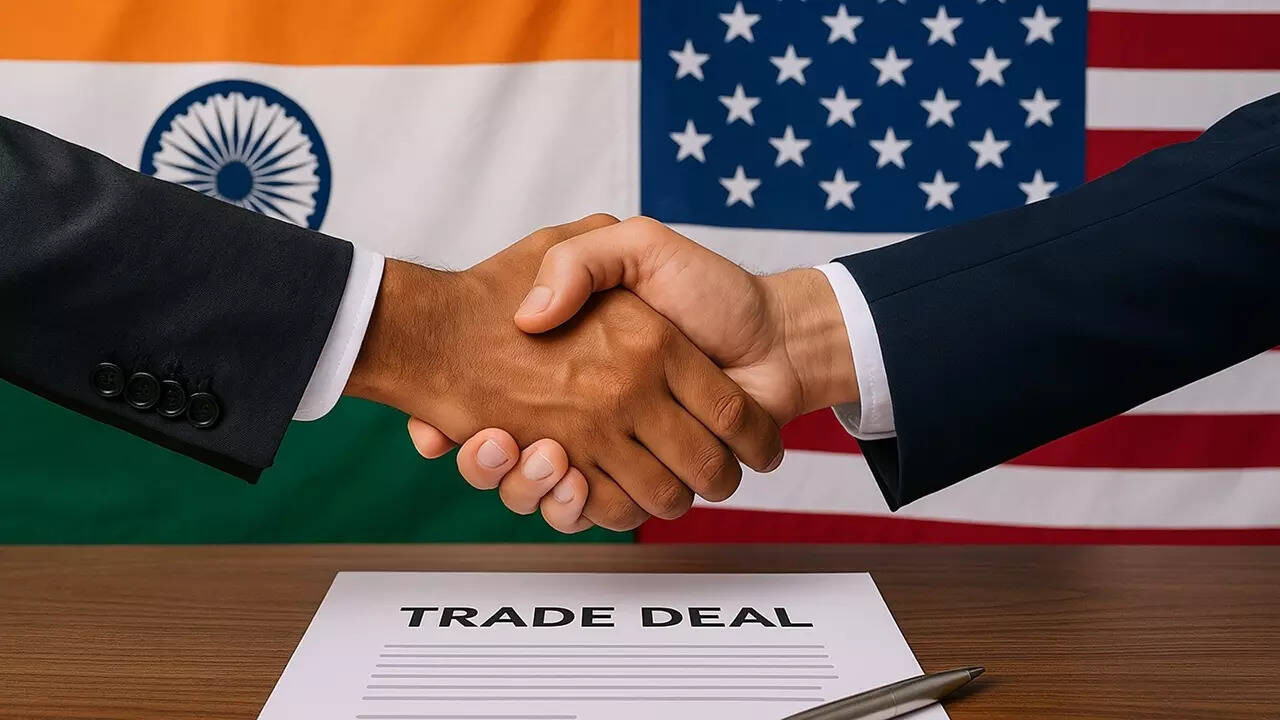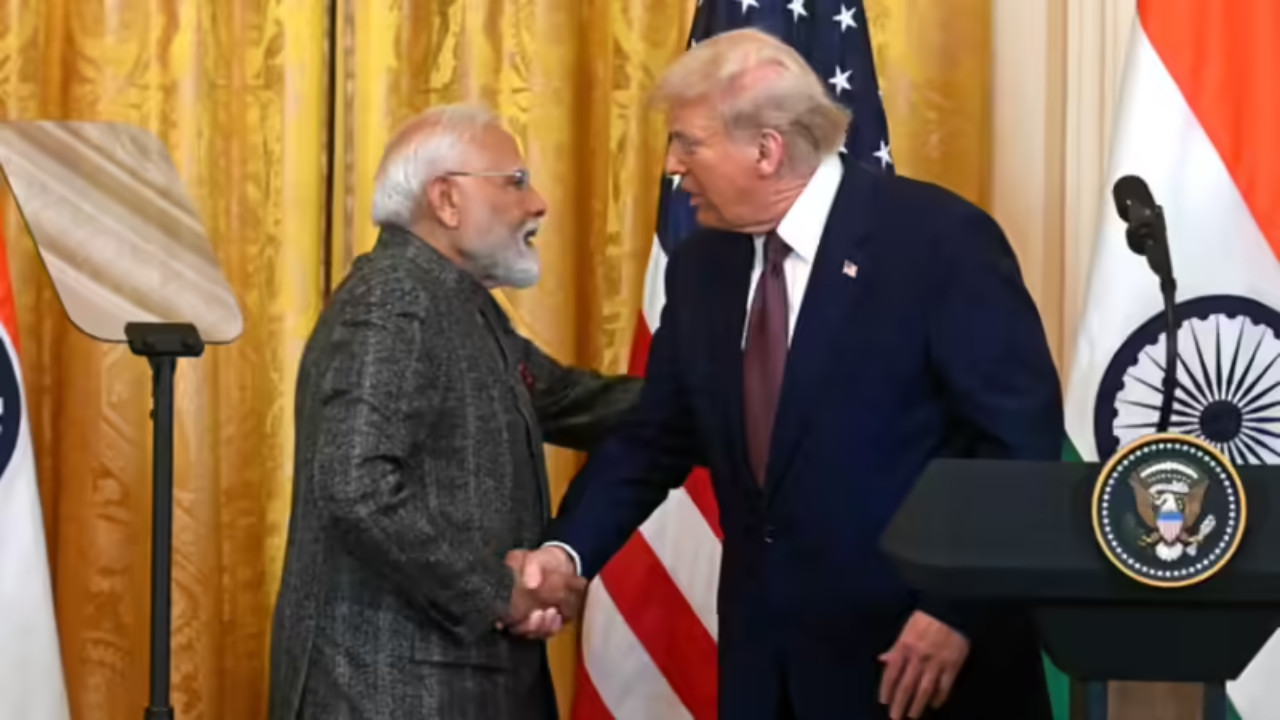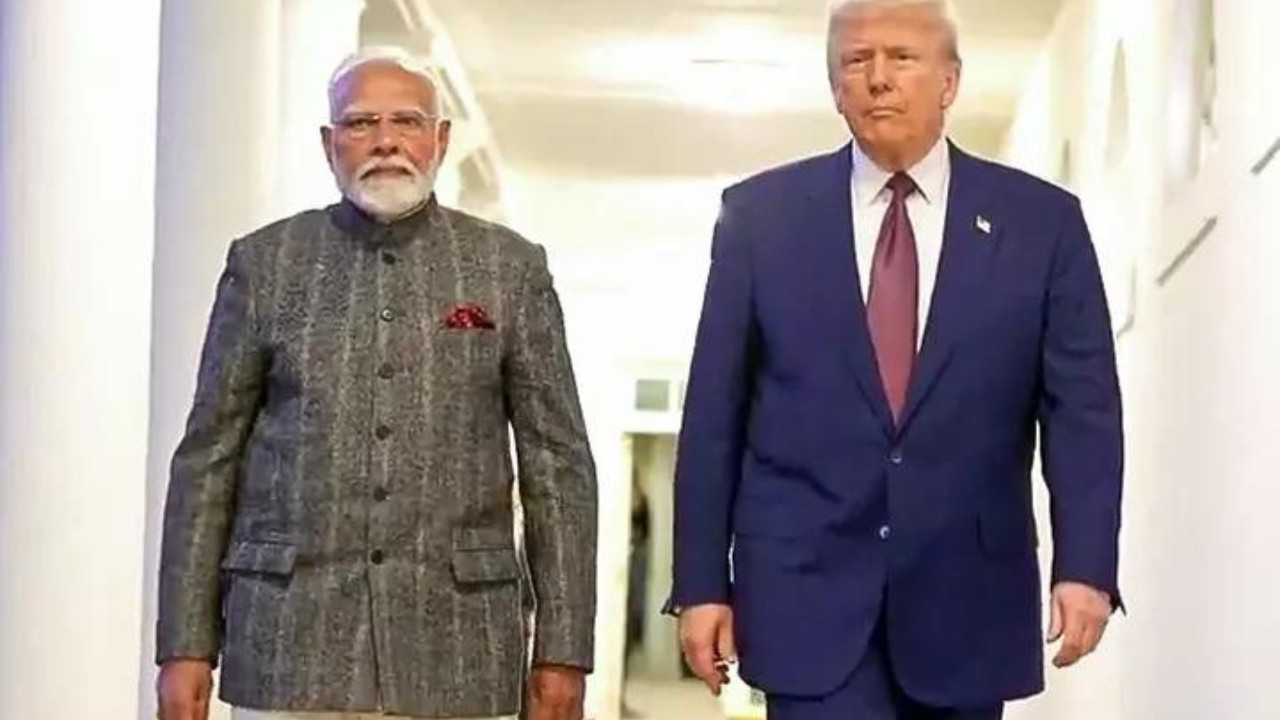Rakesh Gangwal and the Chinkerpoo Family Trust have further reduced their stake in IndiGo operator InterGlobe Aviation by 5.72%, garnering ₹11,564 crore through open market transactions. This sale, executed at ₹5,230.99-₹5,235.31 per share, decreases their combined ownership to 7.81%. These divestments align with Gangwal’s plan to reduce his shareholding following disagreements with Rahul Bhatia regarding corporate governance since February 2022.
Indigo Skies Shifting: What Rakesh Gangwal’s Stake Sale Really Means
Okay, let’s talk Indigo. Specifically, let’s talk about Rakesh Gangwal, the co-founder, and a significant chunk of his family trust’s holdings just taking flight. You might have seen the headline: ₹11,564 crore worth of shares, a 5.72% stake, sold off in a block deal. Big numbers, for sure. But what does it really mean for the airline, for investors, and even for your next flight?
Instead of framing this as a simple “sale,” let’s think of it as a chapter closing. Gangwal, alongside Rahul Bhatia, built IndiGo from scratch, transforming the Indian aviation landscape in the process. Their no-frills, on-time approach resonated with a huge segment of the market, making IndiGo the undisputed king of the Indian skies. But like any long flight, there were bound to be some bumps along the way. The infamous boardroom drama a few years back, publicly airing differences in leadership styles and strategic direction, definitely left a mark.
Gangwal’s gradual exit, announced in early 2022, was perhaps an inevitable consequence. He signaled his intention to reduce his stake over time, paving the way for a new era at the airline. This recent sale feels like a substantial step in that direction, a clear signal that the transition is well underway.
Now, let’s get into the nitty-gritty. While a large block deal can sometimes spook the market, the IndiGo share price remained relatively stable following the announcement. This suggests that the market had already priced in this eventuality, understanding it as a pre-planned move rather than a distress sale. Institutional investors, both domestic and foreign, likely snapped up a good portion of those shares, seeing value in IndiGo’s long-term prospects.
Why the continued confidence? Despite the boardroom drama and now Gangwal’s departure, IndiGo’s fundamentals remain strong. They’ve got a dominant market share, a relatively young and fuel-efficient fleet (a huge advantage in a cost-sensitive industry), and a well-established brand. They’ve also aggressively expanded their international routes, capitalizing on the growing demand for air travel. They’re not just surviving; they’re actively growing.
Of course, the airline industry is never without its turbulence. Rising fuel prices, fluctuating exchange rates, and intense competition are constant headwinds. And let’s not forget the shadow of potential new entrants and the ongoing efforts of existing players to grab a bigger slice of the pie. IndiGo needs to stay sharp, innovate, and adapt to maintain its leadership position.
So, what’s next for IndiGo? Well, the Bhatia family, through InterGlobe Aviation, remains firmly in control. They’ll likely continue to steer the ship, focusing on operational efficiency, cost management, and strategic expansion. I suspect we’ll see a greater emphasis on international routes, connecting India with more destinations around the globe. There’s also potential for further investments in technology to enhance the passenger experience, from booking flights to managing baggage.
From a passenger perspective, this sale might not have any immediate impact. IndiGo is still the same airline, offering the same service (or lack thereof, depending on your perspective on frills!). However, in the long run, a streamlined ownership structure and a clear strategic direction could translate to a more efficient and customer-centric operation.
The real takeaway here isn’t just about a sale of shares; it’s about evolution. IndiGo is transitioning from a founder-led enterprise to a more mature, institutionally driven organization. While Rakesh Gangwal’s vision undoubtedly shaped the airline’s success, the future hinges on the current leadership’s ability to build on that foundation and navigate the complexities of the ever-changing aviation landscape.
The skies above IndiGo might be changing, but the airline itself seems poised to continue its journey, albeit with a slightly different flight plan. Keep an eye on their international expansion, their technology investments, and, of course, those all-important ticket prices. Because, ultimately, it’s the passenger experience that will determine whether IndiGo can maintain its altitude in the competitive skies ahead. This sale isn’t the end of the story; it’s just the beginning of a new chapter. Buckle up.
📬 Stay informed — follow us for more insightful updates!







